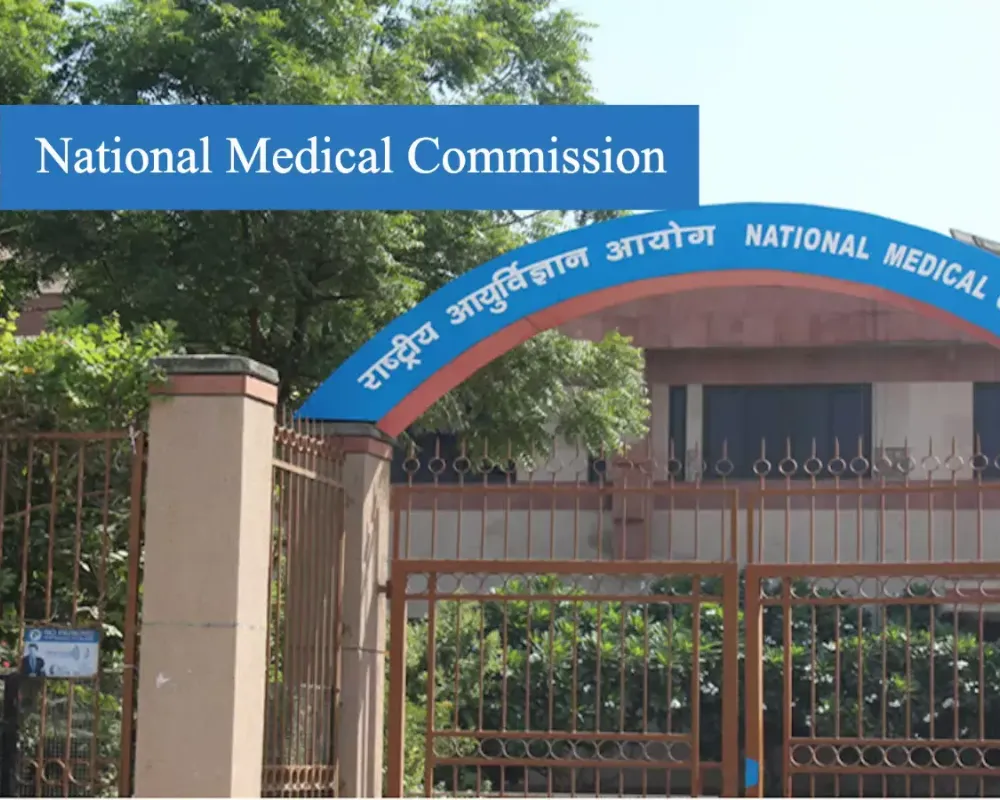NMC directs all medical institutes to strictly comply with child protection laws to prevent illegal adoptions, emphasizing mandatory reporting and staff training.
 Ritika Das
Ritika Das

NEW DELHI, INDIA — The National Medical Commission (NMC), India's apex regulatory body for medical education and practice, has issued a stringent directive to all medical institutes, hospitals, and healthcare facilities across the country, urging strict compliance with the Juvenile Justice (Care and Protection of Children) Act, 2015, as amended in 2021. The move comes amid growing concerns about instances of deviation from legal procedures regarding the care, reporting, and adoption of children found abandoned or surrendered within medical establishments.
The NMC's public notice, issued on July 10, 2025, specifically reiterates that no medical practitioner or staff member shall, under any circumstances, directly facilitate the adoption of a child by any individual or family outside the legal framework supervised by the Central Adoption Resource Authority (CARA). This stern warning aims to curb illegal adoptions and prevent the potential trafficking and exploitation of vulnerable children.
The directive follows concerns raised by the Ministry of Women and Child Development (MWCD), which highlighted that hospitals, nursing homes, and medical practitioners often serve as the first point of contact for unwed mothers, distressed parents, or individuals desperate to adopt a child, making them critical nodes in preventing illegal activities.
Key Mandates and Legal Provisions Highlighted by NMC:
To ensure robust implementation and prevent unauthorized adoptions, the NMC has also mandated the institutionalization of several safeguards within medical colleges and healthcare establishments:
The NMC’s directive emphasizes that medical colleges and institutions, along with their Obstetrics & Gynaecology and Paediatric departments, faculties, and students, must strictly adhere to these legal protocols. The objective is to eliminate risks of child trafficking and exploitation, and to safeguard the rights and welfare of children, particularly those who are orphaned, abandoned, or surrendered (OAS).
This comprehensive set of instructions underscores the government's commitment to ensuring child protection and ethical practices within the healthcare system, reinforcing the message that all adoptions must occur through legal and transparent channels.






Sign up for the Daily newsletter to get your biggest stories, handpicked for you each day.
 Trending Now! in last 24hrs
Trending Now! in last 24hrs